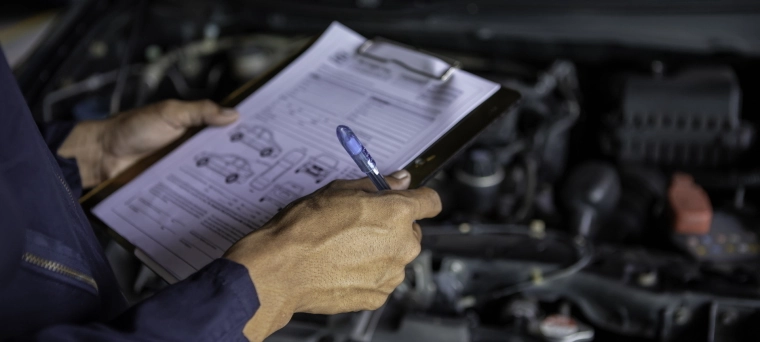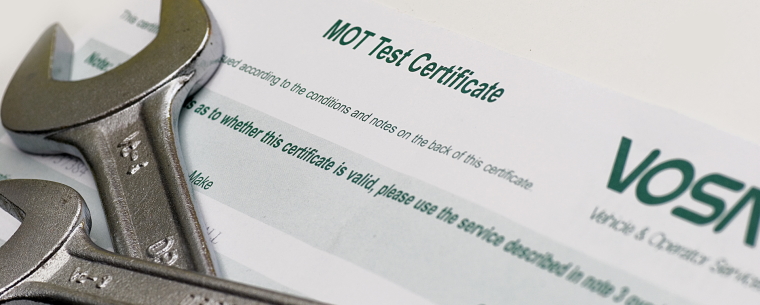Should You Check the MOT History of a Car?
Published on: Wednesday, 08 December 2021 | Author: Jack Dreyer
If you’re considering purchasing a new car, you’d want to know how well it has been looked after in the past, right? Before spending your hard-earned money on a used car, it is wise to check its MOT history for a number of reasons.
Perhaps to help you make an informed decision about purchasing, or for your own satisfaction, knowing when and where a vehicle has been MOT tested can be a valuable asset. For some drivers, it is also helpful if their own MOT paperwork has been lost.
Either way, gaining insight into the maintenance history of your vehicle can’t be a bad thing.
Checking the MOT history of a used car
Let’s say you’re about to seal the deal on a used car you like. It looks to be in great condition from the outside, but what about under the bonnet? Just because the engine looks clean, doesn’t necessarily mean it is in good condition. And that’s where MOT history comes in.
By entering the registration plate number of the vehicle you want to check on the GOV.UK website here, you are able to see its entire MOT history. While a car might look like it’s been well maintained, its history might suggest otherwise.
You may, for example, see that the previous owner has been given MOT advisories for a few years running now, indicating that they have not been bothered to address the problem. Or, you may notice that a few specific faults appear to reoccur, suggesting there is an inherent problem with that part of the vehicle. Over-worn tyres may be indicative of a reckless driving style. From this knowledge, you might like to check out the clutch as it could be damaged from driving too fast and erratically.
You may also like to check the MOT history to see how soon you’d need to book it in for its next assessment. For some drivers, budgeting and factoring in the cost of an MOT may play a large factor in whether they decide to buy a car that month or not.

Checking the MOT history of your own car
If you’re planning on selling your own vehicle to get an upgrade, checking the MOT history can prove useful. Perhaps you’ve misplaced the paperwork or maybe you’d like to know if there are any faults or advisories to deal with before selling.
Either way, checking out the detailed history of your car’s maintenance can help. Selling a car becomes a lot easier and hassle-free if you can provide a log of everything wrong with it in the past and any repairs that have been carried out so the prospective owners know what they are dealing with.
Another reason why you might like to check your car’s MOT history is if it's an older vehicle. Older cars, particularly things like modern classics, can have years (if not decades) of maintenance history before they end up on your driveway. So, out of interest or for consistency, looking at your car’s MOT history can give you great insight.
You may, for example, see a pattern of a constantly recurring fault with the brakes or a rust issue. In which case, you’ll know to pay special attention to those areas before your next MOT comes up to give you a better chance of passing and to protect the car.
MOT history: Is it worth it?
In short, yes. Looking at the MOT history of your current car or a car you are planning on purchasing can never do any harm. In some cases, it can even save you from harm and save you money, helping you to narrowly avoid buying a car that might have a lot of hidden problems.




